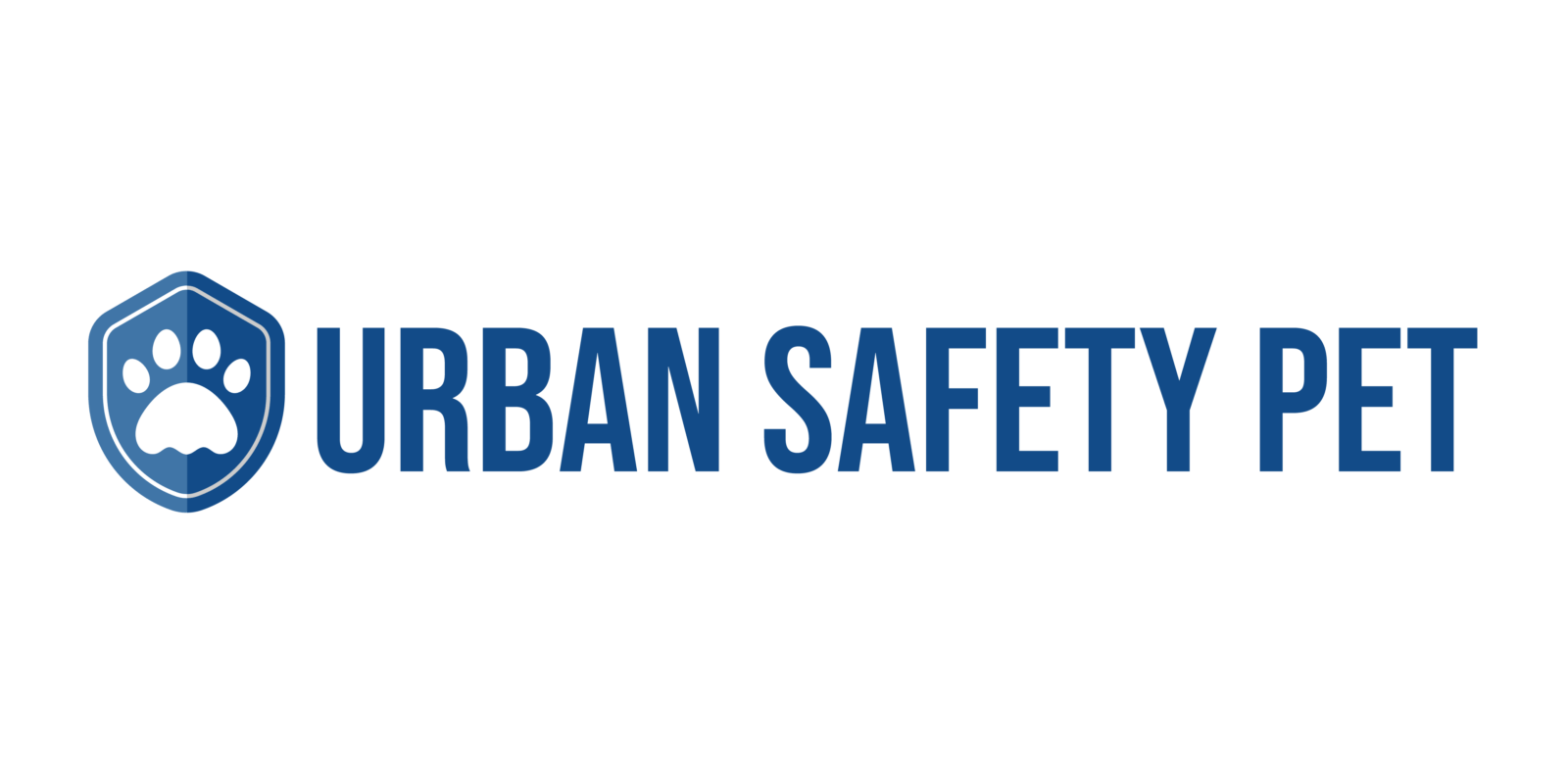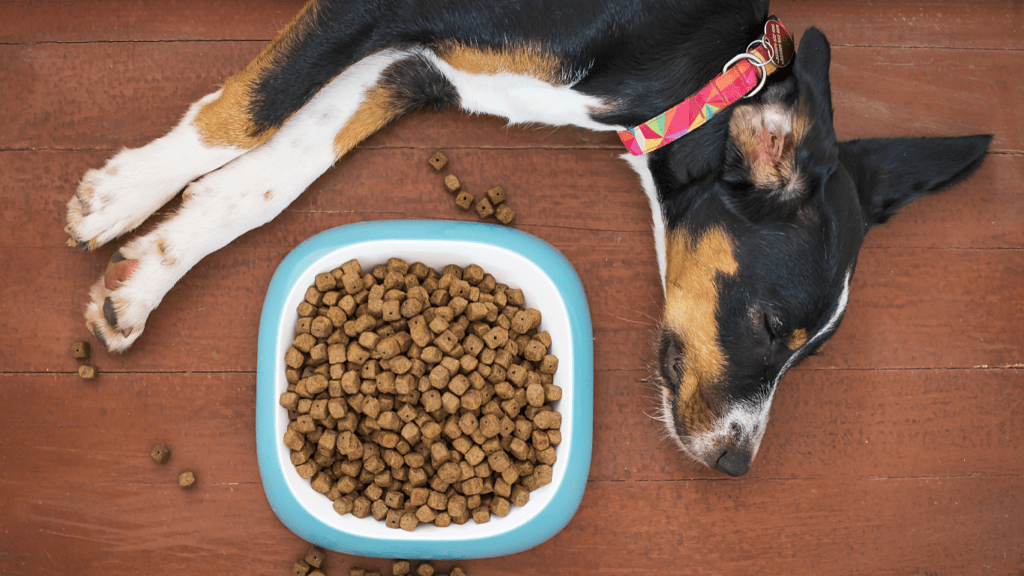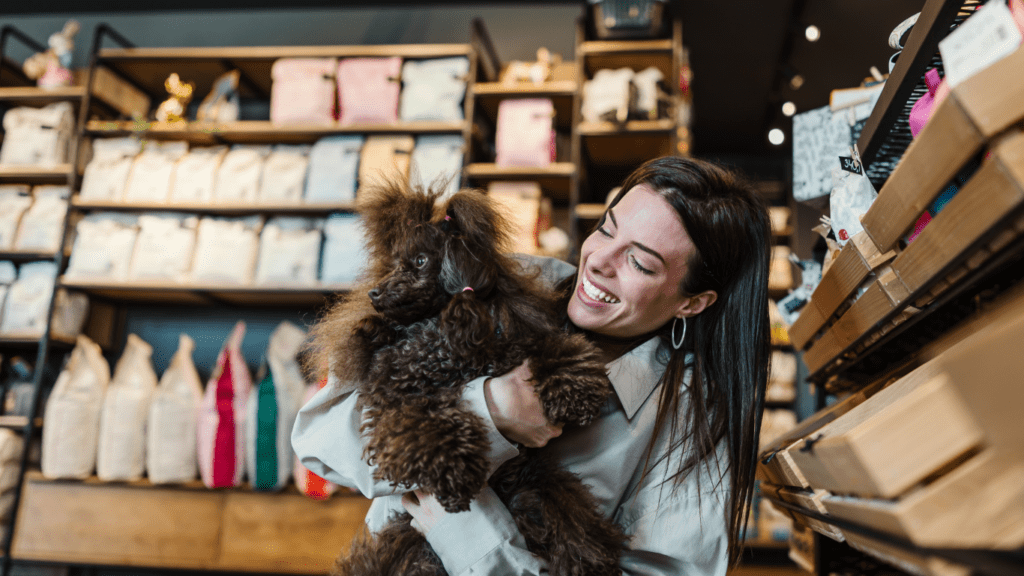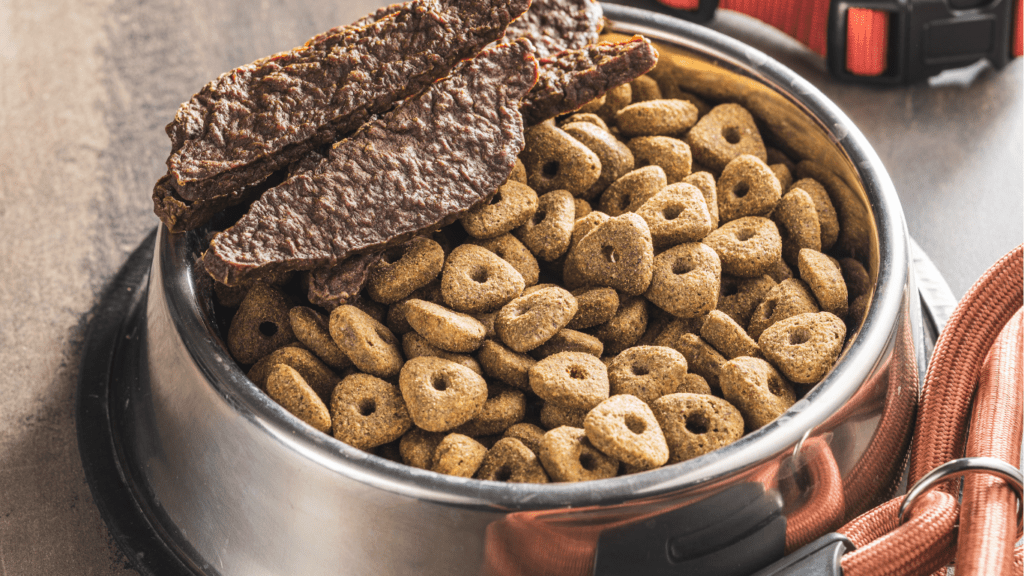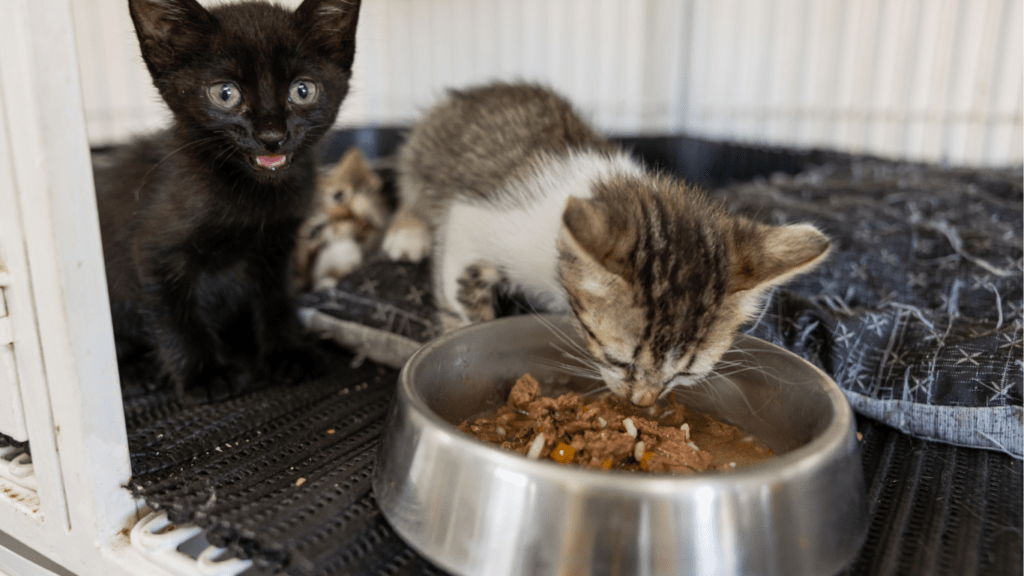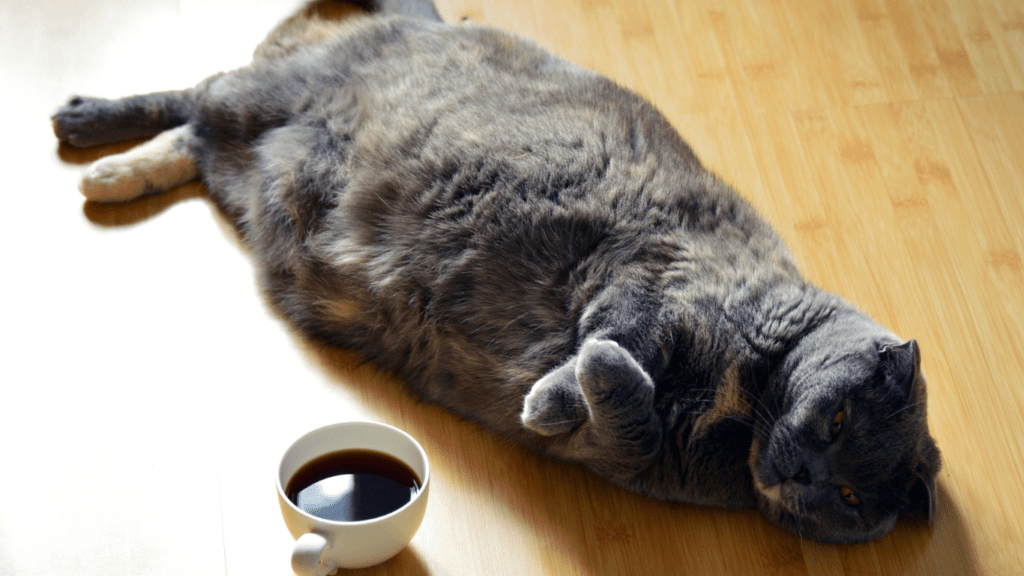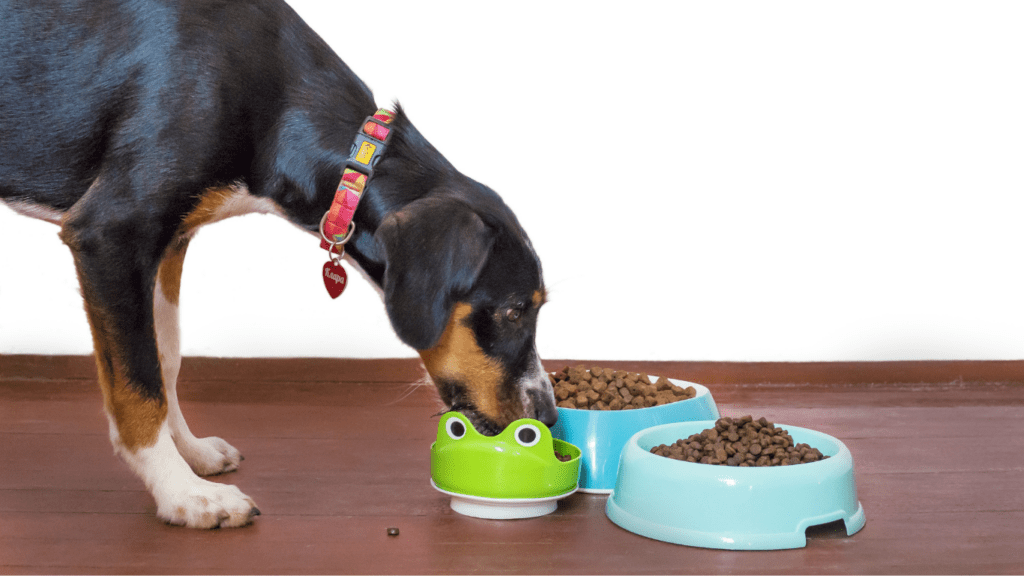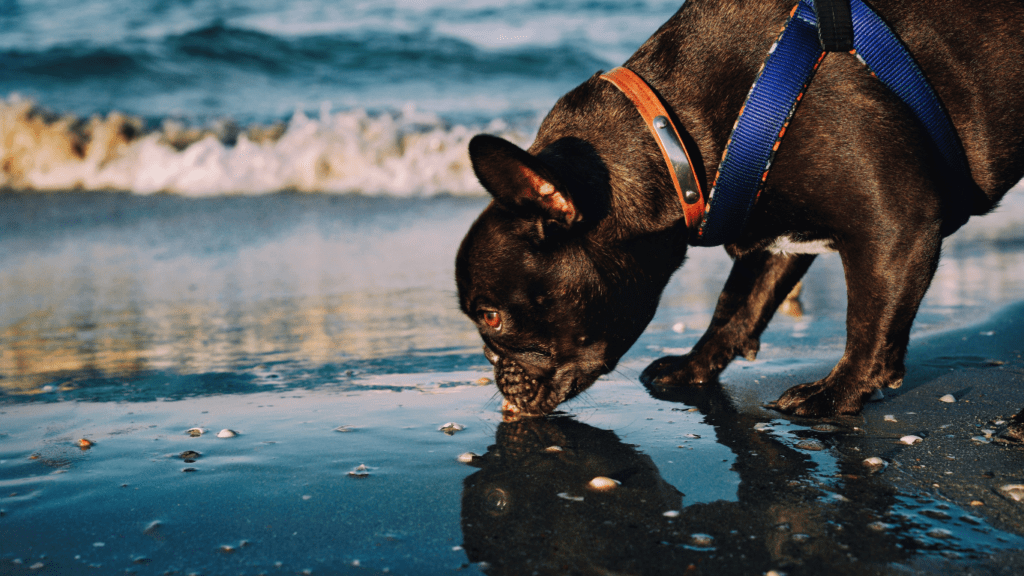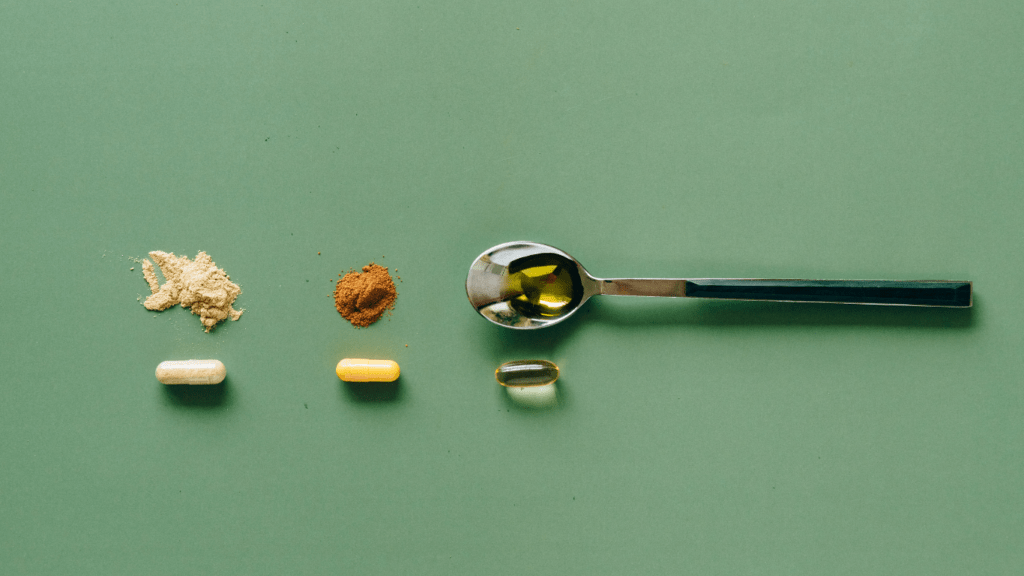The Dangers of Overfeeding Your Pet: Essential Safety Tips for Pet Owners
Understanding the Impact of Overfeeding Overfeeding pets can lead to several serious health problems. Excessive weight gain is one of the most common issues. When pets gain too much weight, they can develop conditions like arthritis, which makes it difficult for them to move comfortably. According to the Association for Pet Obesity Prevention, nearly 60% […]
The Dangers of Overfeeding Your Pet: Essential Safety Tips for Pet Owners Read More »
